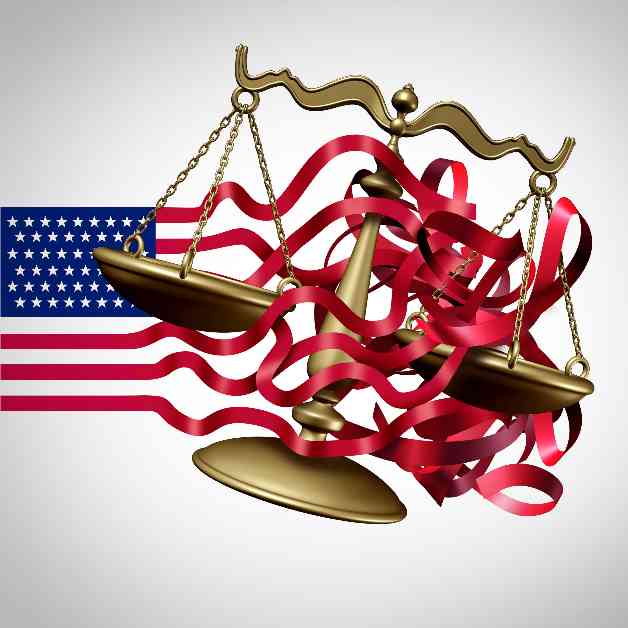Understanding the Complexities of Res Judicata in U.S. Courts
In a recent trade secret case involving Neu Cloud Oriental System Technology Co., Ltd. and IBM, the application of res judicata across different court systems in the United States was put to the test. Neu Cloud’s decision to sue IBM in both a state court and a federal court highlighted the legal risks involved in such a strategy.
The Jurisdictional Landscape of U.S. Courts
The United States has two primary court systems—the federal court system and the local court system in each state. While these systems have their own jurisdictional boundaries, they are not entirely independent of each other. Certain cases may fall under the jurisdiction of both the federal court and the state court, leading to complex legal scenarios where res judicata may come into play.
The Neu Cloud v. IBM Case Study
Neu Cloud initially filed a lawsuit against IBM for misappropriation of trade secrets under the Defend Trade Secrets Act (DTSA) in the United States District Court for the Southern District of New York. Subsequently, Neu Cloud brought forth a separate lawsuit in the New York Supreme Court, alleging unfair competition, unjust enrichment, and breach of fiduciary duty.
Both the state court and the federal district court dismissed Neu Cloud’s claims. Upon appealing the federal district court’s decision, IBM argued that Neu Cloud should be barred from pursuing a DTSA lawsuit in federal court based on the principle of res judicata. The appellate court ultimately upheld this argument, ruling that the state court’s decision had a res judicata effect on the federal case.
Res Judicata and Related Claims
Under New York preclusion law, a party is generally precluded from relitigating a claim that has already been adjudicated in a prior action involving the same parties and subject matter. In the Neu Cloud case, the appellate court determined that Neu Cloud’s state law claims and federal law claims arose from the same series of events, thus warranting the application of res judicata.
Despite seeking different damages and facing varying standards of proof in the two court proceedings, the appellate court found that the similarities between the claims outweighed the differences, leading to the dismissal of Neu Cloud’s federal claim.
Implications and Lessons Learned
The Neu Cloud v. IBM case serves as a cautionary tale for litigants considering multiple lawsuits across different court systems. The application of res judicata can have far-reaching consequences, potentially limiting a party’s ability to pursue claims in subsequent proceedings.
To avoid falling victim to res judicata, parties should carefully consider consolidating related claims into a single action whenever possible. By presenting all relevant claims in one lawsuit, litigants can mitigate the risk of being barred from pursuing additional legal remedies in the future.
In conclusion, the complex interplay between state and federal court systems underscores the importance of strategic decision-making in legal proceedings. Understanding the implications of res judicata and proactively addressing related claims can help parties navigate the intricacies of the U.S. judicial system effectively.















